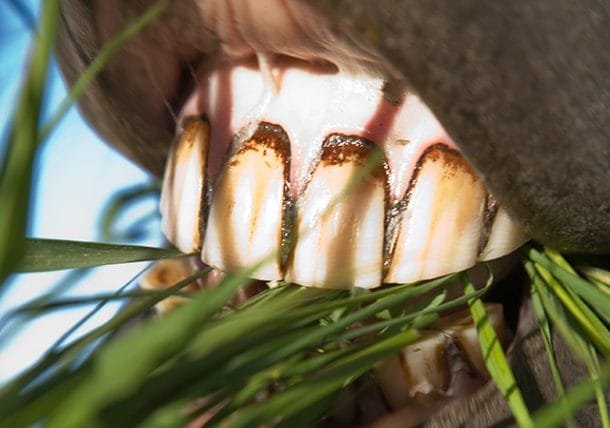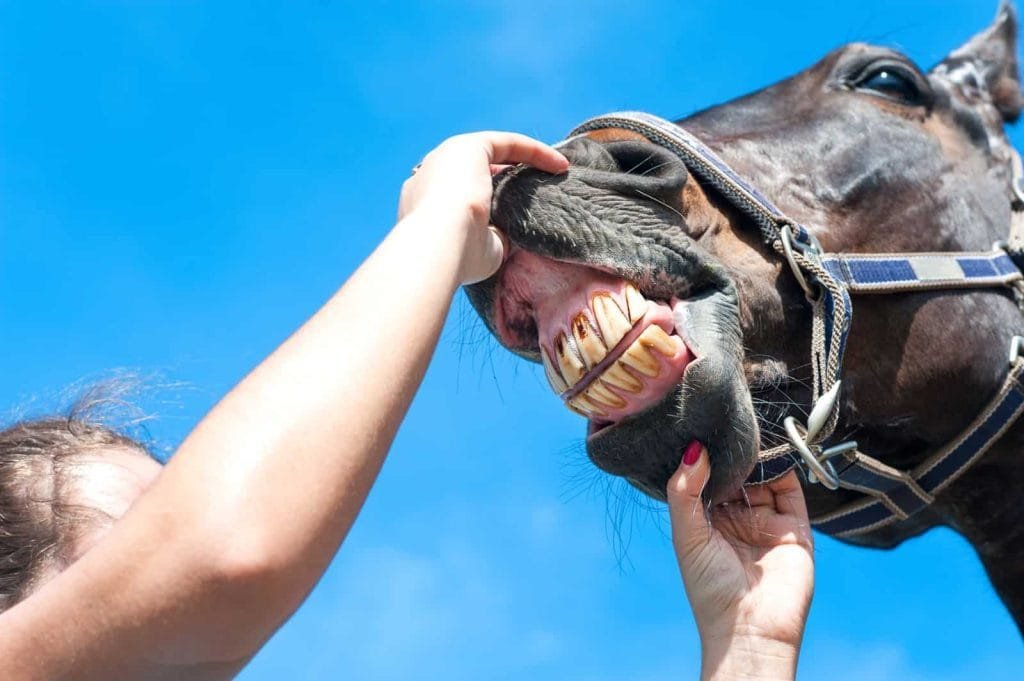Understanding Horse Gums: What You Need to Know
Horse gums might not be the first thing on your mind when it comes to your horse’s health,. Just like in humans, the condition of a horse’s gums can reveal a lot about its health. In this article, we’ll explore why horse gums are important, how to check them, and what changes might mean.
Why Horse Gums Matter
Horse gums play a crucial role in maintaining good health. They help in the chewing process and are essential for a horse’s nutrition. But beyond their function, gums are also a useful indicator of a horse’s health. Healthy gums are typically a pale pink color and feel moist to the touch. If something is wrong with the gums, it might point to issues like dental problems, infections, or systemic diseases.
Checking Your Horse’s Gums

Regularly checking your horse’s gums is an easy way to monitor its health. Here’s how you can do it:
- Find a Calm Moment: Make sure your horse is calm and relaxed. It’s best to check the gums when your horse is not stressed or moving around too much.
- Lift the Lip: Gently lift your horse’s upper lip to expose the gums. Be gentle but firm to avoid startling your horse.
- Observe the Color: Healthy gums should be a light pink color. They should not be too red, pale, or have any unusual spots.
- Feel the Texture: The gums should be moist, not dry or sticky. Press your finger gently on the gums to check for any unusual textures or bumps.
- Check for Swelling or Bleeding: Look for any swelling, bleeding, or lesions. These could be signs of problems that need attention.
Common Issues with Horse Gums
- Pale Gums: Pale or white gums can be a sign of anemia or blood loss. This might be due to internal bleeding or other serious conditions that need immediate veterinary attention.
- Red or Inflamed Gums: Gums that are red or swollen might indicate inflammation or infection, such as gingivitis. This could be due to poor dental hygiene or other infections.
- Bleeding Gums: If you notice bleeding gums, it could be a sign of trauma, infection, or other dental issues. Bleeding gums should be examined by a veterinarian to determine the cause.
- Dry or Sticky Gums: Dry or sticky gums can indicate dehydration or other systemic issues. Ensuring your horse has access to clean water and checking for other signs of dehydration is important.
- Ulcers or Sores: Any ulcers or sores on the gums can be painful and might indicate an infection or other oral health problems. These should be checked by a vet for proper diagnosis and treatment.
Maintaining Healthy Gums
To keep your horse’s gums healthy, regular dental care is essential. Here are some tips to ensure your horse’s oral health:
- Regular Dental Check-Ups: Have a veterinarian or equine dentist check your horse’s teeth and gums regularly. This helps catch any problems early and prevents them from becoming serious.
- Proper Diet: Ensure your horse has a balanced diet that includes the necessary nutrients for good oral health. Hay, grains, and appropriate supplements can help maintain healthy gums and teeth.
- Good Hygiene: Keep your horse’s feeding area clean to reduce the risk of infections and dental problems. Remove any moldy or spoiled feed promptly.
- Monitor Changes: Regularly check your horse’s gums and overall health. Any changes in their appearance or texture should be noted and discussed with your veterinarian.
Horse gums might seem like a small detail, but they provide valuable insights into your horse’s health. By regularly checking your horse’s gums and paying attention to any changes, you can help ensure that your horse stays healthy and happy. If you notice any issues, don’t hesitate to consult with a veterinarian to address any potential problems promptly. Taking care of your horse’s gums is just one part of maintaining their overall well-being, but it’s an important one that shouldn’t be overlooked.




